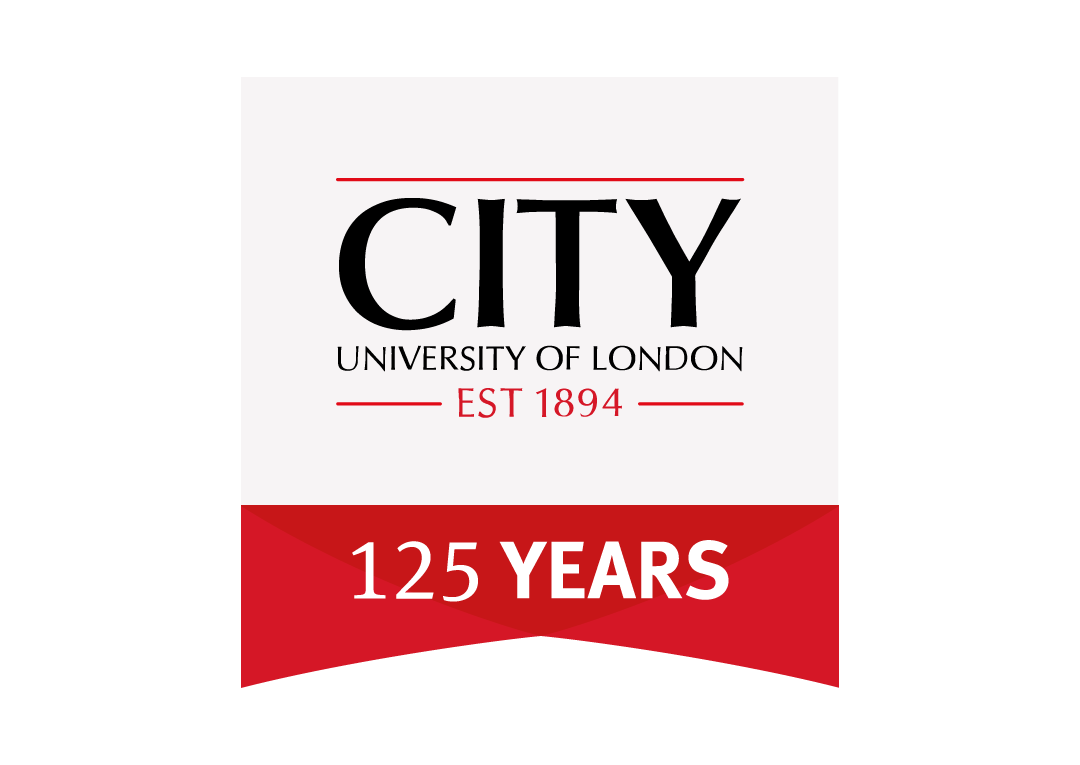Introduction to Medical Sciences
At the heart of all the Medical Science subjects is a desire to help people and make a positive impact on the world, whether that’s as a doctor, research scientist, or other medical science role.
Read More
Study Health Sciences at City, University of London
The School of Health Sciences at City, University of London, is a world-leading centre for healthcare education and applied healthcare research.
Read MoreChiropractic Undergraduate Degrees
Chiropractors are highly respected experts in the healthcare field and thanks to the quality of education in the UK, many of the undergraduate degrees in Chiropractic allow graduates to work internationally.
Read MoreAccreditations to Look for When Applying for a Pharmacology Degree
If you’re fascinated by health and how the body works then a degree in Pharmacology could be right for you.
Read MoreAnimal Management Degree Courses
Animal welfare is a hot topic now with lots of opportunities cropping up in this expanding industry.
Read MoreApplying for a degree in Medicine in 2017
Medicine is a very popular and extremely competitive course so you’ll need to be at the top of your game and have all your extra-curricular ducks in a row to get on to a medical course.
Read MoreChiropractic is a top-earning healthcare profession based on the ability to diagnose and treat painful musculoskeletal issues, improve mobility and quality of life. Chiropractors enjoy independence, freedom and flexible working patterns and lifestyle.
Read MoreDentists can be general or specialise in orthodontics, restorative or children's dentistry. Personal skills such as empathy, respect and problem solving are traits of successful dentists. Degrees in dentistry take up to five years, and many graduates may embark on a specialism once qualified. Dentistry requires hard work, professionalism, dedication and a high level of responsibility early on. Courses will provide clinical practice and patient care training, education and research in dental and oral diseases and disorders. Entry typically requires 5 GCSEs and 3 A-levels including two sciences, chemistry and biology. Work shadowing will also demonstrate your commitment.
Read MoreUndertaking the study of Medicine is not for the faint hearted. It's a long road to becoming a doctor and one that is likely to challenge you intellectually, emotionally, physically and financially along the way. That said the rewards are often great, not least financially. If being paid to change people's lives for the better is your idea of a dream job, and you possess a strong aptitude for the sciences, Medicine could be a perfect fit for you. Studying Medicine usually takes five years, with several more years of on the job training. There are numerous areas in which you can specialise so have a think about what you might like to study long term to see if there are any specific courses or departments that focus on this before applying.
Read MoreOphthalmology is a branch of medicine that deals with the anatomy and diseases of the eye. As such, qualifying to become an Ophthalmologist can require lengths of study similar to those required for a general medical degree. A strong grasp of the sciences, with particular emphasis on biology, is a must for any applicant. There are also a number of potential specialisms within the field, such as Optometry and Optical Dispensing, so make sure that you do your research on which courses and departments would suit your interests best before applying.
Read More




